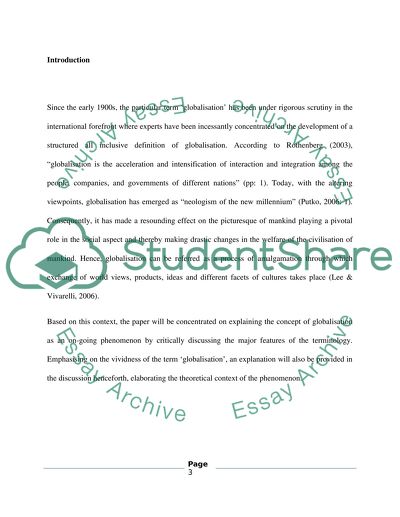Cite this document
(“Globalisation Essay Example | Topics and Well Written Essays - 2000 words - 1”, n.d.)
Retrieved from https://studentshare.org/macro-microeconomics/1461312-globalisation
Retrieved from https://studentshare.org/macro-microeconomics/1461312-globalisation
(Globalisation Essay Example | Topics and Well Written Essays - 2000 Words - 1)
https://studentshare.org/macro-microeconomics/1461312-globalisation.
https://studentshare.org/macro-microeconomics/1461312-globalisation.
“Globalisation Essay Example | Topics and Well Written Essays - 2000 Words - 1”, n.d. https://studentshare.org/macro-microeconomics/1461312-globalisation.


